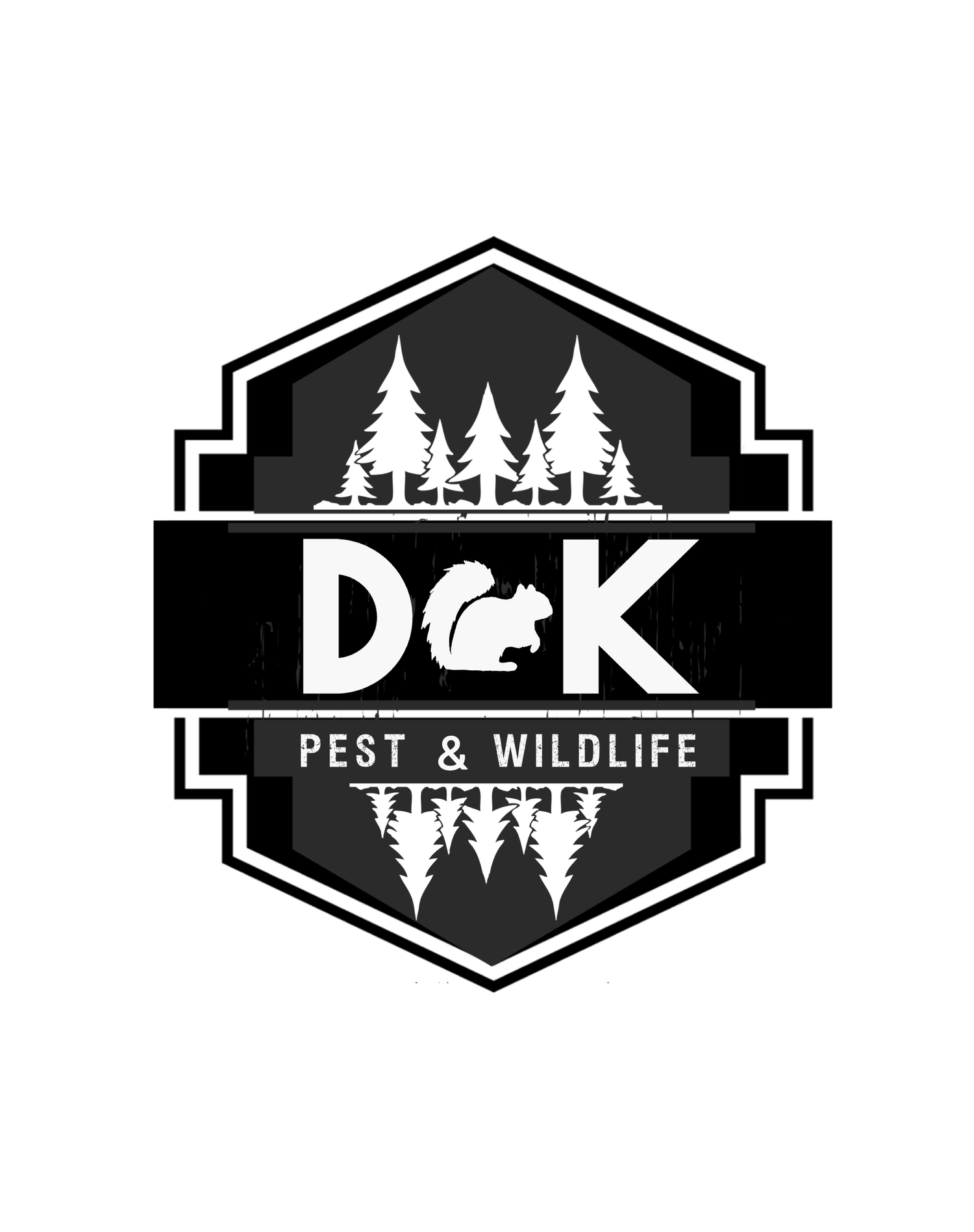
Stinging Insect Identification & Prevention
Frequently Asked Questions About Stinging Insects
What are stinging insects?
Bees, wasps, and hornets are different types of stinging insects grouped together because of the stinger extending from their hind ends. They are eco-important insects because they help pollinate trees, crops, and other plants we need to survive. Additionally, predatory species help to control populations of nuisance insects.
Bees, wasps, and hornets are either solitary or social. Solitary stinging insects have females that create individual nests and raise their young on their own. Social stinging insects live in large colonies, and their members work together to care for and defend the nest from harm.
Are stinging insects dangerous?
Stinging insects pose significant threats to people, which is why removing these pests from your property with the help of a professional is essential. Dangers associated with stinging insects include:
Receiving painful stings.
Experiencing an allergic reaction to their venom.
The development of a secondary infection at the sting site.
Additionally, sharing your yard with stinging insects can make you uncomfortable in your outdoor space. Trying to spend time outside while dodging stinging insects is not ideal.
Why do I have a stinging insect problem?
Stinging insects are outdoor pests, and there is nothing to stop flying insects that sting from nesting in your yard or visiting it regularly to forage for food. Most of our yards offer stinging insects suitable habitats, making them a common pest problem for homeowners in Aurora. Stinging insects become most active in the late spring, and by late summer, their numbers are quite large, and they are frantically gathering enough food to feed all their colony members.
Where will I find stinging insects?
Stinging insects will build their nests anywhere that offers them easy access to food, water, and shelter. The sides of homes and buildings, trees, ground holes, shrubbery, woodpiles, rock crevices, fallen trees, and construction debris make suitable nesting spots for various species of stinging insects.
You'll see bees, wasps, and hornets flying around during the day as they forage for food. Bees mainly hang out around flower beds, gardens, and flowering trees.
In addition to plant nectar, hornets and wasps feed on live insects. They also use proteins and sweets they gather from outdoor eating areas, grills, trash cans, recycling bins, and pet food bowls as food sources.
Some of the most common places to come into contact with stinging insects include the following:
Our yards
Outdoor restaurants
Festivals and other outdoor events
Outdoor athletic fields
Wooded areas
Fields and meadows
If stinging insects have found their way to your property, don't hesitate to contact an Aurora pest control professional for assistance!
How do I get rid of stinging insects?
When it comes to stinging insects, being cautious is always best. No one wants to be on the receiving end of a painful sting. If you need bee, wasp, or hornet control because stinging insects have become a problem on your Aurora property, D&K Pest Control is here to help!
Through our residential pest control services, our professionals will find, identify, and remove stinging insects and their nests from your property. By scheduling quarterly pest control services, you will ensure that stinging insects won't impact your family's ability to enjoy your outdoor space in the future. To learn more about controlling stinging insects in Aurora, please call today.
How can I prevent stinging insects in the future?
Stinging insects pose a danger; use the following prevention tips to make these pests think twice about settling on your property:
Reduce sheltered spots for stinging insects to nest by removing woodpiles, yard debris, fallen trees, and leftover construction materials from your property.
Keep tree branches and shrubbery cut back from your home's exterior.
Seal cracks in your home's exterior, replace torn screens and keep caps on chimneys to help keep stinging insects out of your home.
Flowers planted near your home should be those that naturally repel stinging insects, like mint, marigolds, geraniums, and wormwood.
For quality pest control in Aurora that will solve your stinging insect problems, reach out to D&K Pest Control. We are here to help.


